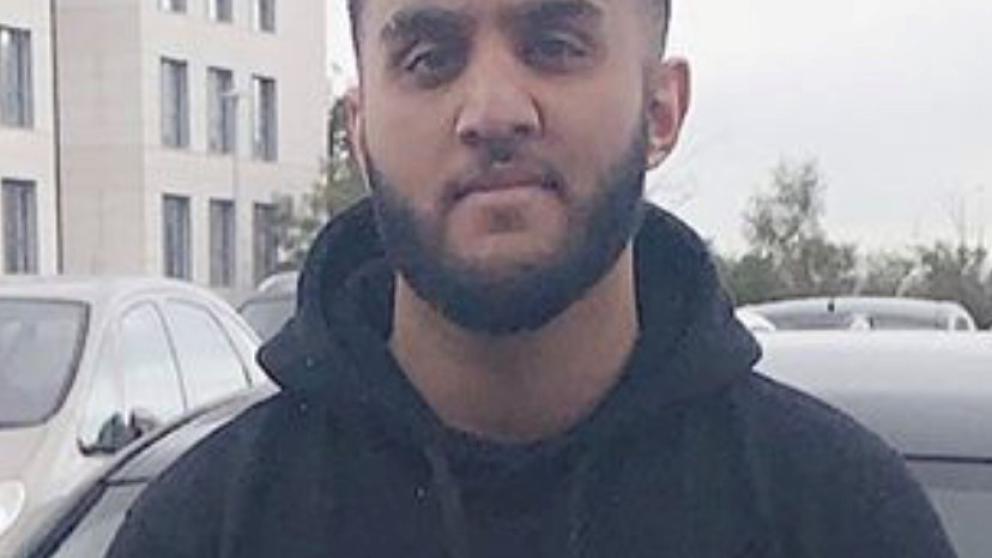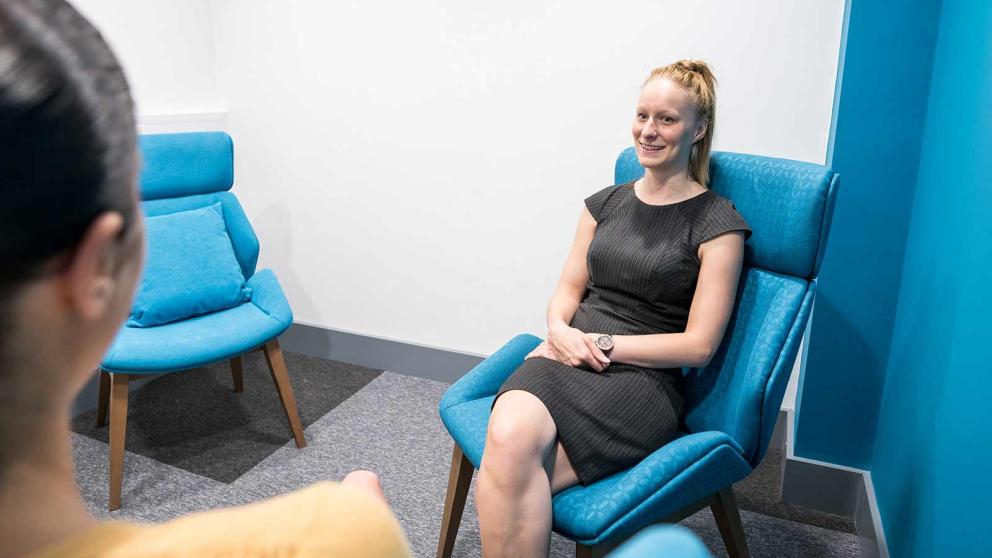Criminology degree: Is it worth it?
Lisa, a third-year Criminology student, shares her journey from an Access course in Social Sciences and Psychology to choosing the University of Salford. Her decision was influenced by passionate lecturers and engaging topics like the 2011 England riots and media portrayals of Amanda Knox.
Why did you choose to study Criminology?
I started studying Criminology at Salford 2018 after completing an Access course in Social Sciences and Psychology at Bury College, Manchester. This is where I became interested in criminology – I knew I wanted to join the police but I wanted to learn more about society first.
Why Salford?
My first experience at the University of Salford's open day was the reason I chose to study at Salford. I had been to other open days at other universities in Manchester, but I was really impressed by Salford, in particular the two lecturers that gave taster lectures on the day. They were really passionate about the subject and the two topics they spoke about really sparked my own interest for the subject. They spoke of the 2011 riots in England and the sociological and criminological causes for them and also about media representations of Amanda Knox and how her guilt was constructed through the media.
I found all of this fascinating and I knew by these two lectures and how the lecturers spoke about studying at Salford that I was going to get a broad degree. Salford itself felt like home and everyone is really welcoming.
What is studying Criminology like?
We learn in variety of ways on the course. We have main lectures which provide a broad overview of the topic we are covering that week, this is backed up by seminar groups where we get to discuss the topic in more detail in smaller groups and further our knowledge. We also have podcasts and video lectures which are usually focused on the assignment.
We have had plenty of guest lecturers and guest speakers which are really beneficial and a great way to learn about criminology applied to real-world settings. For the Violence and Society module we had James Treadwell who is a well-known criminologist whose work focuses on violence in prisons and the structures behind this. On the Criminal Justice and Human Rights module in the first year we had a guest talk from Janet Alder whose brother Christopher Alder died in police custody - this highlighted institutional racism and really made me think of the unequal treatment BAME communities can experience We have also had agencies come in to speak to us such as The National Crime Agency who spoke to us about what the agency does and how to apply. We had the Greater Manchester police chief Ian Hopkins come in to talk to a small group of us and we got to question him about the structures of the police, current challenges policing such as knife crime and policing in a public sphere. There has been plenty of outside experience and input throughout my course which has given me a wider understanding of the modules I am studying and criminology as a whole.
Is a Criminology degree worth it?
When you tell people you are studying criminology, their first thought is you are investigating crimes, murders, etc. but this is not the case. Criminology is more than that - it is about the foundations that underpin society.
You look at the societal causes for crime and explore a broader scope of issues, for example, why inequalities such as poverty and lack of opportunity can be linked to criminal behaviour, or why more men are victims or violent crimes whereas women are more likely to be a victim of domestic violence. I want to join the police, but Criminology opens the door to a wide variety of career pathways.
Explore Criminology Courses at Salford
BSc (Hons) Criminology
You'll study a range of cutting-edge issues relating to crime and justice on our BSc (Hons) Criminology course with an emphasis on hands-on learning. In last year's National Student Survey, 100% of students surveyed agreed that the course provided opportunities to apply what they had learnt (University of Salford analysis of unpublished NSS 2020 data).
BSc (Hons) Criminology and Sociology
Studying Criminology and Sociology at Salford will provide you with a sound understanding of the key conceptual and substantive issues involved in the study of society, crime and criminal justice.
This course achieved a 100% overall student satisfaction rate in 2020 (University of Salford analysis of unpublished NSS 2020 data).
BSc (Hons) Criminology with Counselling
This course uniquely combines criminology with counselling studies – two disciplines which are vital to the criminal justice system. Counselling has an important and expanding role in attending to the victims of crime, addressing some of the causes of offending, reducing re-offending, seeking restorative justice, and alleviating stress among criminal justice practitioners.
BSc (Hons) Criminology with Security
Our Criminology with Security programme is one of the first of its kind, combining security, intelligence and terrorism studies with criminological theory. This course responds to recent global events which highlight the importance of security in preventing, controlling and responding to all forms of crime, whether originating in local, national or transnational contexts. You will explore the role of security services, such as MI5 and MI6, the challenges and threats societies face today and the approaches that different states and other institutions have taken to achieve, enhance and maintain security.



